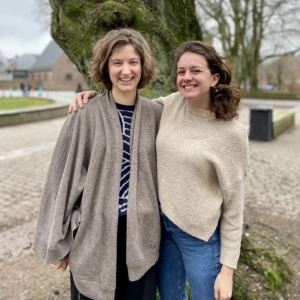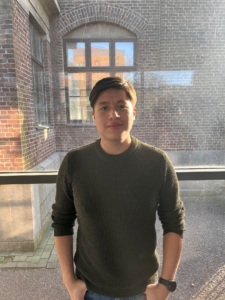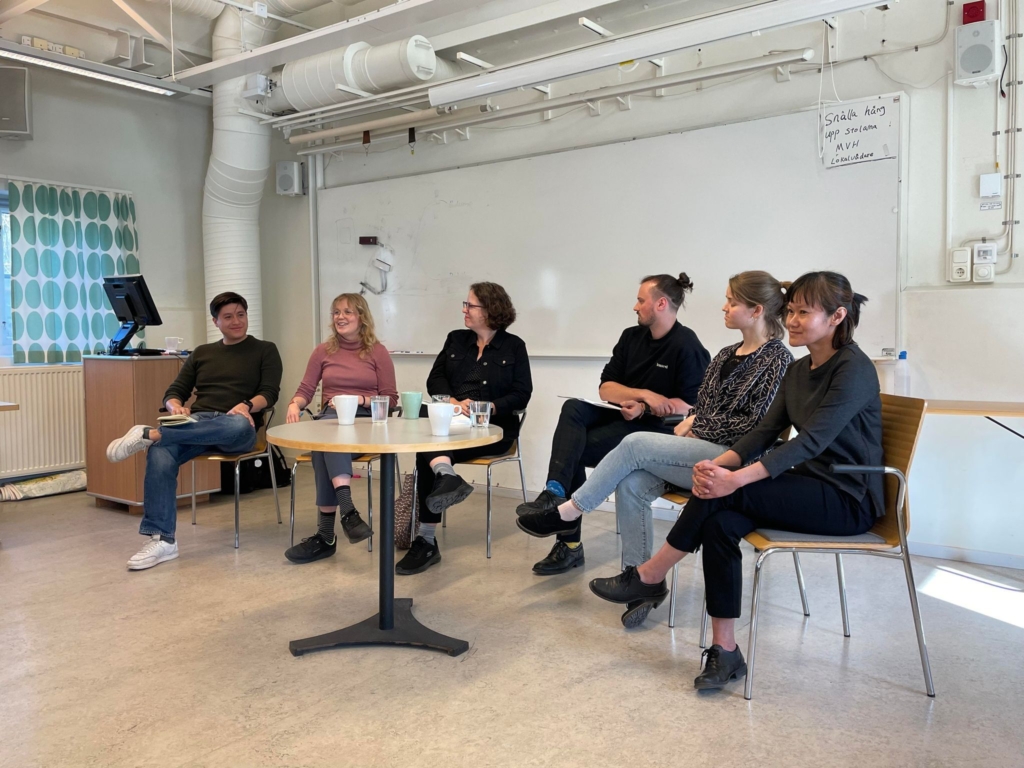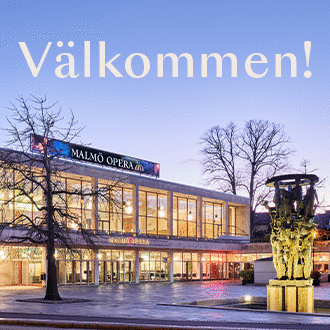Lund University and the municipality joined forces for Sustainability Week, presenting a series of workshops and discussions accessible to the public. Taking place from April 8th to 13th, this annual event focused of sustainable living, inviting participants to explore and engage with key sustainability issues.
Sustainability Week is a joint endeavour coordinated by Lund University and Lund Municipality. They organise activities like workshops, lectures, debates, concerts, exhibitions and so on. The events are open to the public and are conducted in both Swedish and English.
– What I really like is that it is open for anyone. Sustainability is an issue for everybody, but it is often addressed in bubbles and in academic contexts, says Lea Krähenmann, student international development and management at Lund University.

the panel duscussion. Photo: Lea Krähenmann
The purpose of Sustainability Week is to raise public awareness, bringing ideas together and to allow for cross-disciplinary collaborations – all in the service of sustainable living.
Some of the events are organised by students at Lund University. One such event was a panel discussion about climate anxiety, communication, and actionable solutions. Among the more well-known guests in the discussion group was Kimberly Nicholas, professor in sustainable science at Lund University, and Marlis Wullenkord, postdoctoral fellow in environmental psychology at Lund University.
A variety of sustainability-related topics were touched upon during the panel discussion. They meant that the climate crisis is a serious and urgent matter, but rather than pointing fingers and shaming people, we should instead communicate in a productive and healthy manner.
– Something that helps is to ask why people do as they do. People are good and navigate the world in the best way they can. Be empathetic and understanding of others, says Marlis Wullenkord.
The ongoing discussion regarding individual versus collective responsibility was also examined. The prevailing sentiment among the panellists was that they both are crucial. The importance of structural change does not mitigate the power of individual responsibility.
Additionally, the significance of emotions was explored. Rather than dismissing them, the discussion emphasized the importance of understanding our own thoughts, feelings, and behaviour. The panellists stressed that this is especially important in regard to climate anxiety and finding coping mechanisms.
– Emotional literacy is important. Our society doesn’t give much space for emotions, when we favor rationality and science, says Marlis Wullenkord.
The organisers behind the event, Heléna von Glahn and Lea Krähenmann, both studying a master’s in international development and management, are happy with how the panel discussion and the Q&A afterwards went.
– We could have conferences about this topic, but we gave a good initial frame to it, says Lea Krähenmann.

Francisco Alomia, a student of environmental studies and sustainability science and one of the members of the panel discussion, shares the sentiment.
– I think Sustainability Week is really well organised. As a student, it has inspired me because this event was proposed and created by students.
– It’s about having an impact on other people. Sustainability for me is about community, helping the world and knowing that you are contributing, says Francisco Alomia.
Lea Krähenmann and Heléna von Glahn would recommend others to organise similar events in future Sustainability Weeks. It’s a good way to take the step and get engaged in sustainability.
– Team up with a good friend, a good person you know who you can rely on, says Heléna von Glahn.










